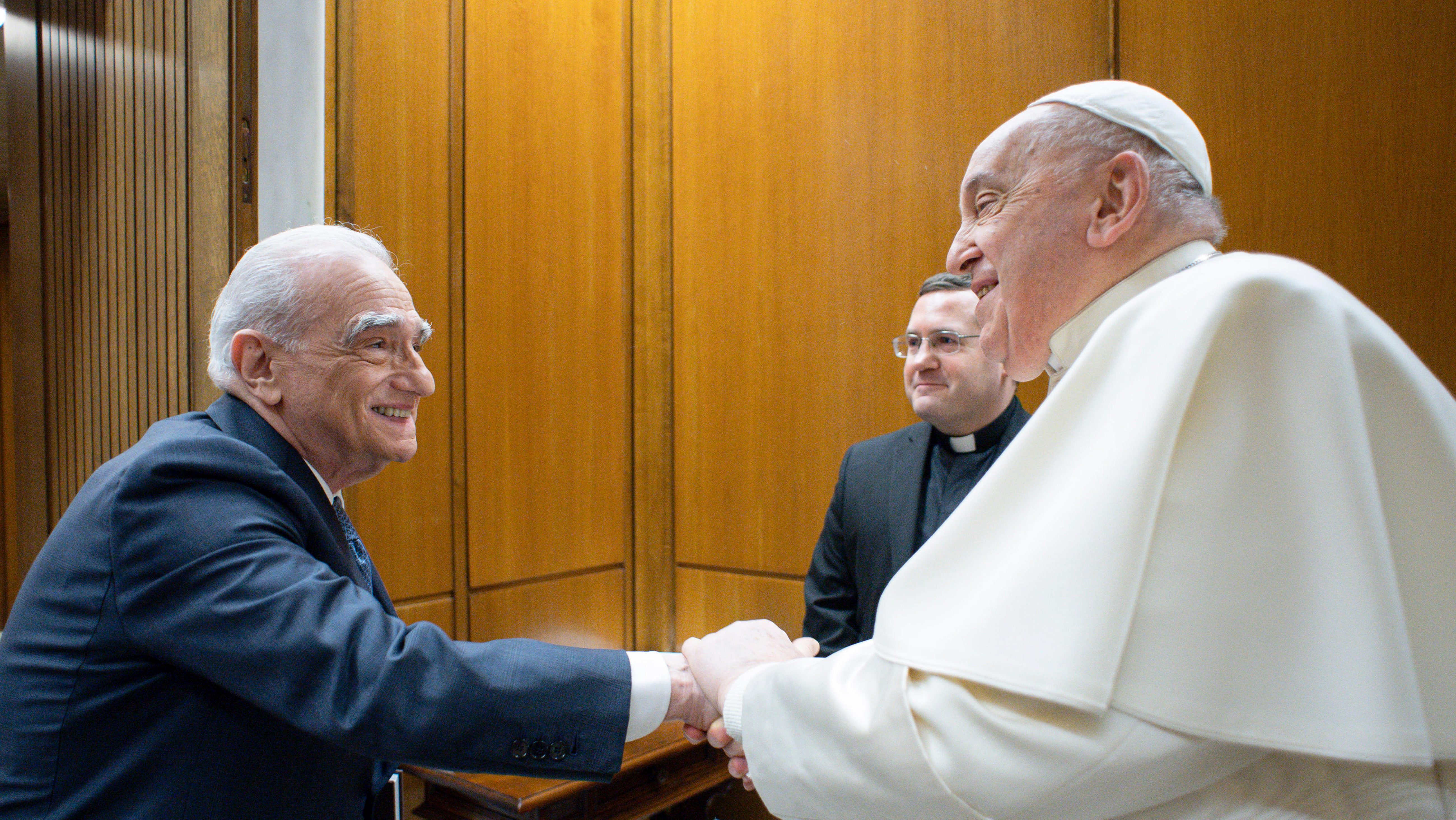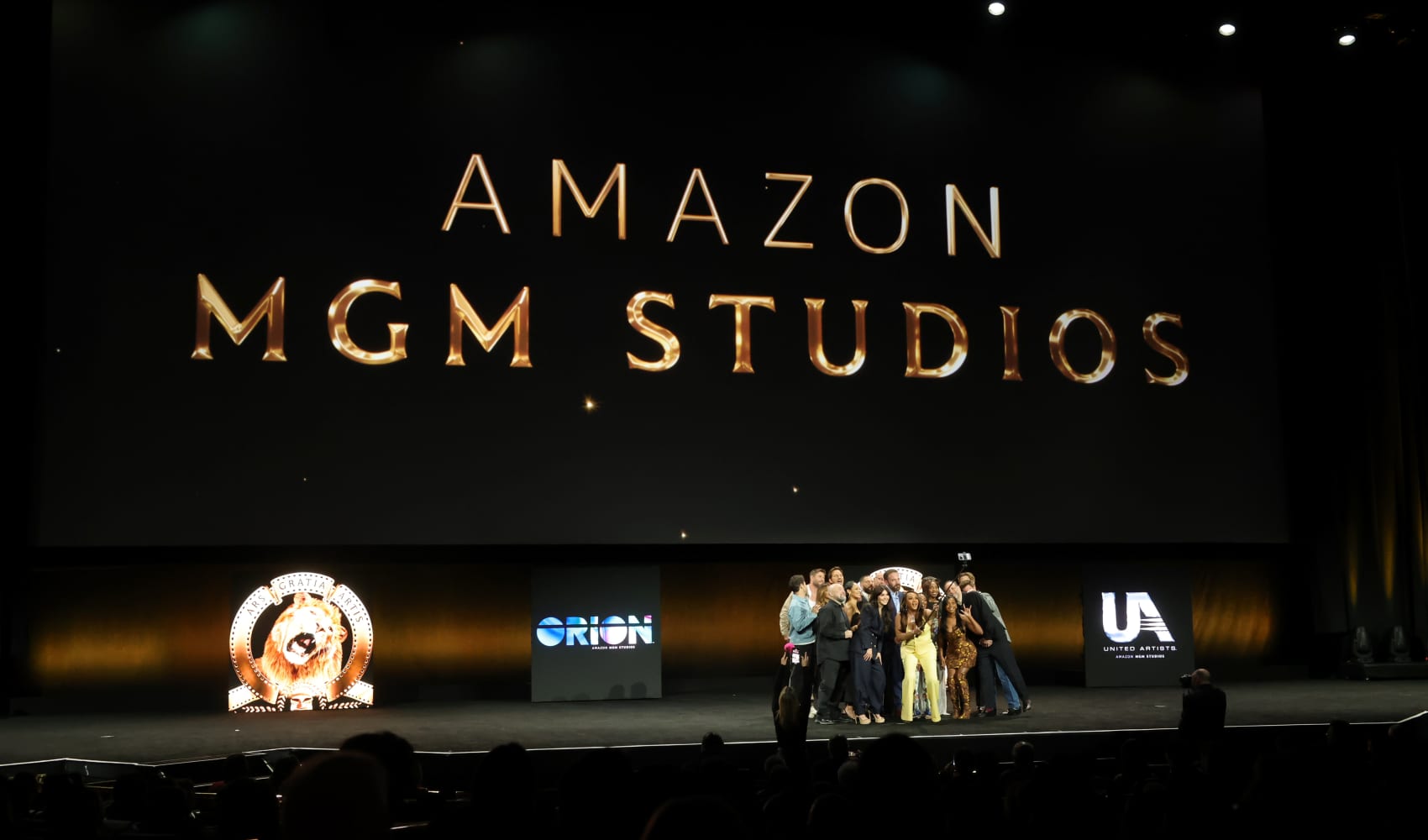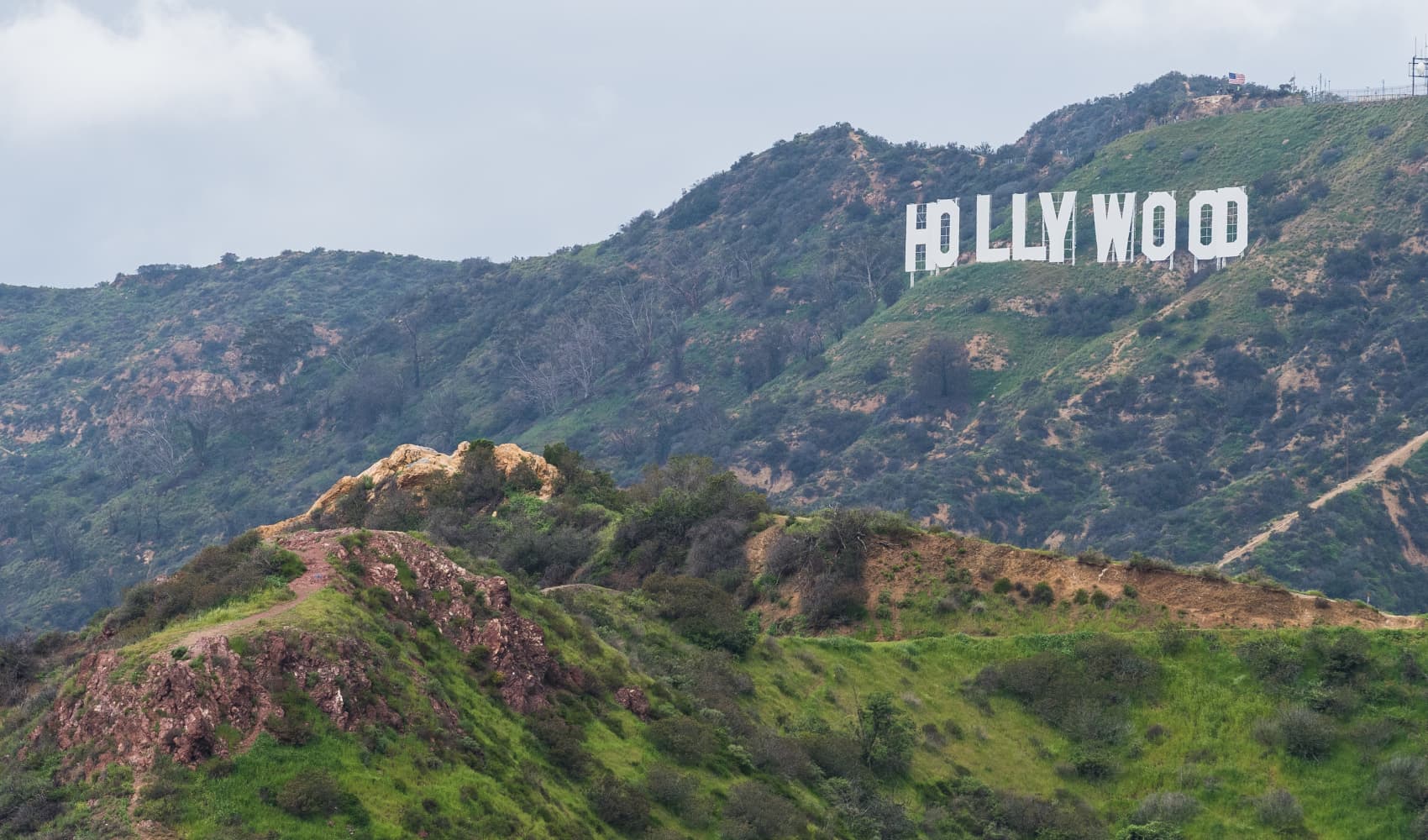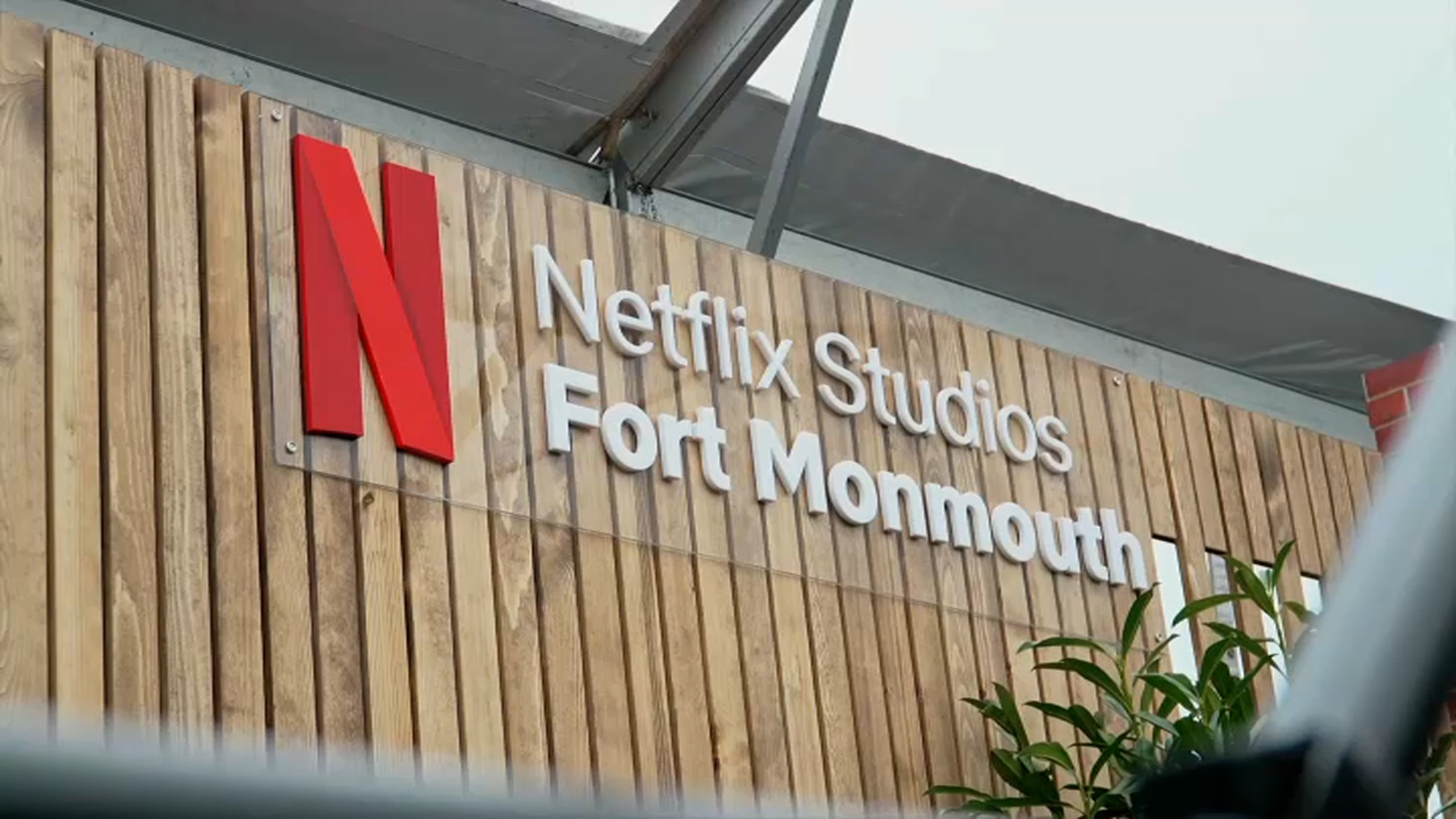Scorsese & Pope Francis Unite in Powerful New Documentary
Scorsese & Pope Francis: A Cinematic Call for Unity in ‘Aldeas’
Introduction: An Unlikely Duo, A Universal Message
Imagine two giants, one a cinematic master renowned for gritty realism, the other a spiritual leader championing global unity. What happens when they collaborate? The answer is “Aldeas – A New Story,” a documentary produced by none other than Martin Scorsese, alongside Pope Francis. This isn’t just a film; it’s a conversation, a journey, and potentially, the Pope’s final, in-depth on-camera interview. Think of it as a cinematic handshake between faith and film, aimed at sparking dialogue and fostering understanding. But why this unlikely pairing? Let's dive in and unpack what makes this collaboration so compelling.
The Genesis of ‘Aldeas’: A Film with a Purpose
“Aldeas – A New Story” isn't just entertainment; it's a documentary born from a deep-seated desire to bridge divides and promote understanding. It delves into the work of Scholas Occurrentes, a non-profit, international organization founded by Pope Francis in 2013. Its mission? To foster a "Culture of Encounter" among young people worldwide. In essence, it's about building bridges, not walls, and empowering the next generation to connect across cultures and backgrounds.
Scholas Occurrentes: Planting Seeds of Unity
So, what exactly does Scholas Occurrentes do? It's more than just a feel-good organization; it's a global movement with a practical approach. They focus on education, arts, and sports, providing young people with opportunities to collaborate, create, and learn from one another. They operate in over 190 countries, touching the lives of millions. Imagine a global classroom where students from vastly different backgrounds come together to share their stories and perspectives. That’s Scholas in action.
The "Culture of Encounter": A Core Principle
The "Culture of Encounter" might sound abstract, but it’s actually quite simple: it’s about creating spaces where people can meet, listen, and learn from each other, regardless of their differences. This is achieved through various programs focusing on education, sports, and the arts, all aimed at fostering dialogue and understanding. It’s about breaking down stereotypes and building empathy, one interaction at a time.
Scorsese’s Involvement: A Director Drawn to Humanity
Why would a filmmaker known for exploring the darker aspects of human nature be drawn to a project promoting unity and understanding? Well, Scorsese has consistently explored themes of faith, redemption, and the human condition throughout his career. Films like "Silence" and "The Last Temptation of Christ" demonstrate his profound engagement with spiritual questions. "Aldeas" presents a different facet of this exploration, focusing on the positive potential of human connection and collaboration. It's a testament to Scorsese's versatility and his commitment to telling stories that matter.
‘Aldeas’ Initiative: Giving Voice to the Youth
The heart of the documentary lies within the Aldeas initiative itself. This program empowers young people to become filmmakers, giving them the tools and platform to share their stories with the world. Imagine the impact of seeing the world through the eyes of a teenager in Indonesia, Italy, or The Gambia. It's about shifting the narrative, amplifying marginalized voices, and fostering a sense of global citizenship.
Young Filmmakers in Action
The documentary will showcase young people in Indonesia, Italy, and The Gambia actively participating in the Aldeas initiative. They're not just passively observing; they're creating, directing, and sharing their unique perspectives through short films. This hands-on experience not only develops their filmmaking skills but also empowers them to become storytellers and agents of change in their own communities.
The Pope’s Final Interview: A Rare Glimpse
Perhaps one of the most compelling aspects of "Aldeas" is that it features what is believed to be Pope Francis's final in-depth on-camera interview for a film. This adds a layer of significance and poignancy to the project. It's a chance to hear directly from the Pope about his vision for a more connected and compassionate world. Think of it as a parting message, a call to action, and a legacy preserved on film.
A Collaborative Effort: Aldeas Scholas Film and Sikelia Productions
The documentary is a collaborative effort between Aldeas Scholas Film and Scorsese's Sikelia Productions. This partnership brings together the resources and expertise of both organizations, ensuring that the film reaches a global audience. Sikelia Productions, known for its high-quality and thought-provoking films, adds its cinematic prowess to the project, elevating the storytelling and amplifying the impact of the message.
The Power of Creativity: More Than Just Art
The film emphasizes the enduring belief that creativity is not merely an artistic endeavor but a powerful force for change. It's about harnessing the creative spirit to address social issues, promote understanding, and inspire action. By empowering young people to express themselves through film, "Aldeas" demonstrates the transformative potential of creativity in building a more just and equitable world.
Themes of the Documentary: Connection, Empathy, and Hope
At its core, “Aldeas – A New Story” explores themes of connection, empathy, and hope. It's a reminder that despite our differences, we are all interconnected and share a common humanity. The film seeks to foster empathy by showcasing the diverse experiences of young people around the world. And ultimately, it offers a message of hope, suggesting that through collaboration and understanding, we can create a better future for all.
Impact and Reach: A Global Audience Awaits
Given Scorsese's involvement and the Pope's participation, "Aldeas" is poised to reach a vast global audience. The film has the potential to spark conversations, inspire action, and contribute to a more connected and compassionate world. Imagine the ripple effect of millions of people watching this documentary and being moved to embrace the "Culture of Encounter" in their own lives.
Beyond the Screen: Inspiring Real-World Action
The true measure of "Aldeas" will be its ability to inspire real-world action. Will it lead to greater support for organizations like Scholas Occurrentes? Will it encourage more young people to engage in filmmaking and storytelling? Will it foster a greater sense of global citizenship and responsibility? Only time will tell, but the potential is undeniable.
The Future of Scholas Occurrentes: Building on the Foundation
This documentary is more than just a film; it’s a snapshot of the ongoing work of Scholas Occurrentes. It raises the profile of the organization and provides a platform for them to expand their reach and impact. It allows for even more partnerships and opportunities to foster the "Culture of Encounter" around the world.
Anticipation and Expectations: A Film to Watch
With Scorsese at the helm and Pope Francis sharing his wisdom, "Aldeas – A New Story" is generating considerable anticipation. It's a film that promises to be both thought-provoking and inspiring, offering a unique perspective on the power of human connection and the importance of empowering the next generation. Keep an eye out for this one; it could be a game-changer.
Conclusion: A Story Worth Telling
“Aldeas – A New Story” is more than just a documentary; it’s a call to action. It’s a testament to the power of collaboration, the importance of empathy, and the enduring hope for a more connected world. With Martin Scorsese's masterful storytelling and Pope Francis's unwavering commitment to global unity, this film has the potential to spark meaningful dialogue and inspire positive change. It’s a story worth telling, and a story worth watching.
Frequently Asked Questions
- What is the main focus of the documentary "Aldeas - A New Story"?
The documentary focuses on the work of Scholas Occurrentes, an organization founded by Pope Francis to promote the "Culture of Encounter" among youth through education, arts, and sports. It also highlights the Aldeas initiative, empowering young people to create short films. - What is the "Culture of Encounter" that Scholas Occurrentes promotes?
The "Culture of Encounter" is about creating opportunities for people from diverse backgrounds to meet, listen, and learn from each other, fostering empathy and understanding across cultures. - What role did Martin Scorsese play in the creation of the documentary?
Martin Scorsese served as a producer of "Aldeas - A New Story" through his Sikelia Productions. His involvement brings significant cinematic expertise and global reach to the project. - Where were the young filmmakers featured in the documentary from?
The documentary showcases young people in Indonesia, Italy, and The Gambia participating in the Aldeas initiative and creating short films. - Is the interview with Pope Francis in "Aldeas - A New Story" his last on-camera interview for a film?
The filmmakers have stated that the interview with Pope Francis in "Aldeas - A New Story" is believed to be his final in-depth on-camera interview for a film, adding a significant layer of importance to the project.




